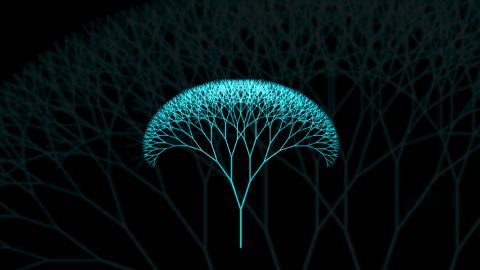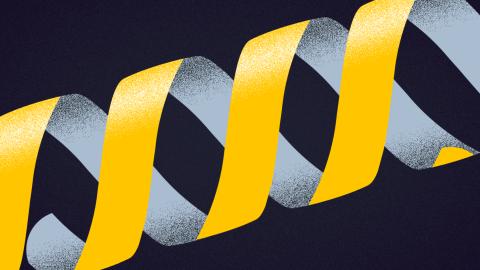The NFSA exists at the intersection between culture, creative industries and the media. Three sectors that have been buffeted by the winds of change, as well as tectonic shifts to the digital landscape. That was true before the cataclysm of 2020, where 'pivot' follows 'pandemic' in the frequency of use in a year that truly resets the game. And even beyond COVID-19 we find ourselves in a cultural watershed of truly epic proportions, as deep fakes enter consumer-grade entertainment (Avengers Assemble!) and 'Digital Dexterity' leaps from buzzword to business necessity.
Since 2015 the NFSA has hosted symposia exploring issues and opportunities facing digital cultural collections. In 2020 this event went online. The Digital Directions Virtual Conference 2020 was a boutique offering of six sessions over two days, bringing practical case studies of digital transformation and adaptation in the cultural economy.




